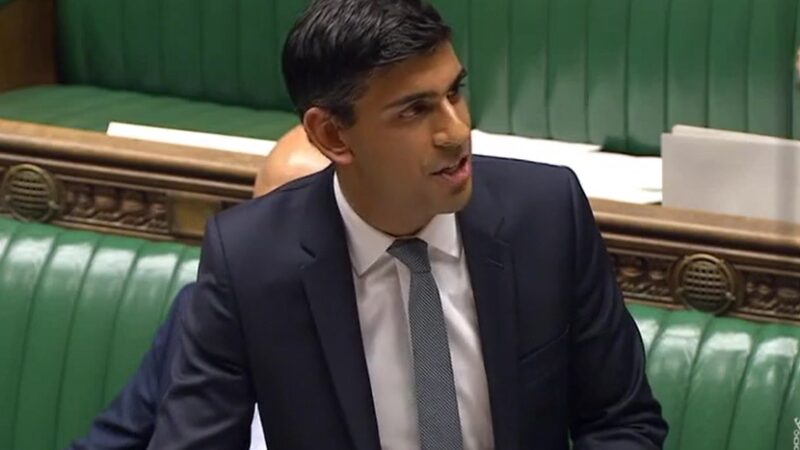Chancellor Rishi Sunak's plan for employers to start paying towards the cost of the coronavirus job retention scheme has been welcomed by unions, writes Tony Burke.

From August, employers will have to pay National Insurance and pension contributions, and then 10% of pay from September, rising to 20% in October.
The government is currently paying 80% of workers’ salaries up to £2,500 a month for 8.4 million workers under the furlough scheme.
This suggests that the Chancellor has listened to union arguments and allowed employers to start using short-time furlough from July – earlier than previously announced. This should help employers gradually get people back to work, protecting jobs and helping the economy to recover.
The TUC’s general secretary, Frances O’Grady, has confirmed the TUC is pleased that all workers will continue to receive at least 80% of their wages for every hour worked until the scheme closes in October as employers begin to contribute to the costs of furlough.
But she points out that the government needs to act urgently to make sure workers with health conditions or childcare responsibilities aren’t first in line when it comes to redundancies.
‘The UK cannot afford the misery of mass unemployment. The government must start planning now to build on the job retention scheme with a national recovery plan that prioritises protecting and creating jobs.
‘That means a jobs guarantee scheme – so everyone can get a decent job on fair wages, and working with unions and business to deliver support for strategic industries that have the potential for many good jobs once the outbreak is controlled,’ O’Grady said.
Unite general secretary Len McCluskey has also said he was pleased that unions had been listened to and that short-term working will be supported from July.
According to Unite, however, the fragility across the economy means the need for sector support packages like those implemented in other countries is more urgent than ever.
‘There is no doubt that the requirement for employers to meet pension and national insurance contributions from August, as employees have been doing all along, with further incremental changes to employer funding of the job retention scheme from September, will reveal exactly how fragile much of the economy is.’
McCluskey cited sectors such as aviation, manufacturing and hospitality as urgently needing sector level support to adjust to the enormous challenges post-coronavirus.
‘We have to enable businesses to develop new products and build back demand while holding onto the skilled workforce they have invested in over the years.’
O’Grady added that the unions are pleased that the chancellor had announced an extension to the Self Employment Income Support Scheme (SEISS), set to help eligible self-employed people compensate for a loss of earnings through the outbreak period.
‘Millions of self-employed workers – from the creative industries to construction – were facing a collapse in their earnings as the scheme ended,’ she said..
The TUC and UK trade unions have called for the creation of a national recovery council including sectoral recovery panels that bring together employers and unions to design the shape of support packages that move the UK towards a new economy with more jobs, fairer and better jobs, and a greener economy.
Tony Burke is assistant general secretary at Unite and the TUC general council lead on employment and union rights.
To reach hundreds of thousands of new readers we need to grow our donor base substantially.
That's why in 2024, we are seeking to generate 150 additional regular donors to support Left Foot Forward's work.
We still need another 117 people to donate to hit the target. You can help. Donate today.



